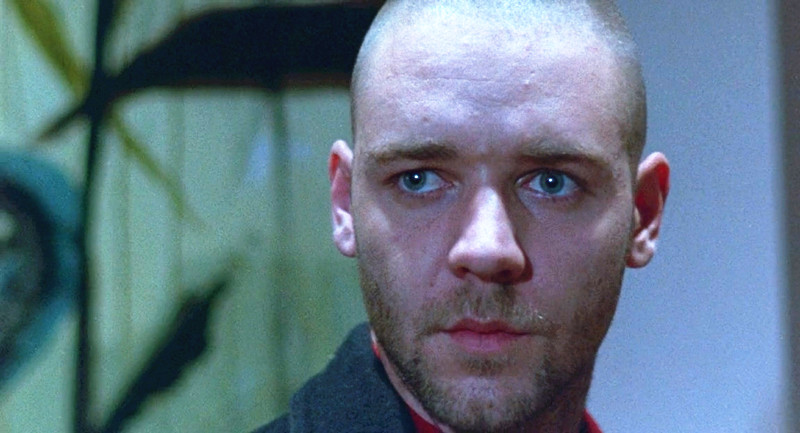
The problem with watching classic films is that it often feels like homework. You do it so you can check the box and participate in conversations about movies and not get that stupefied look that says, “Really, what do you mean you haven’t seen x or y film?” Or, the film feels more culturally important than riveting or entertaining, not a film you’d actually recommend to people whose opinions you value and respect. So, put away those classic films, and watch these 10 new modern classics that you probably haven’t seen yet.
1. Miller’s Crossing (Ethan and Joel Coen, 1990)
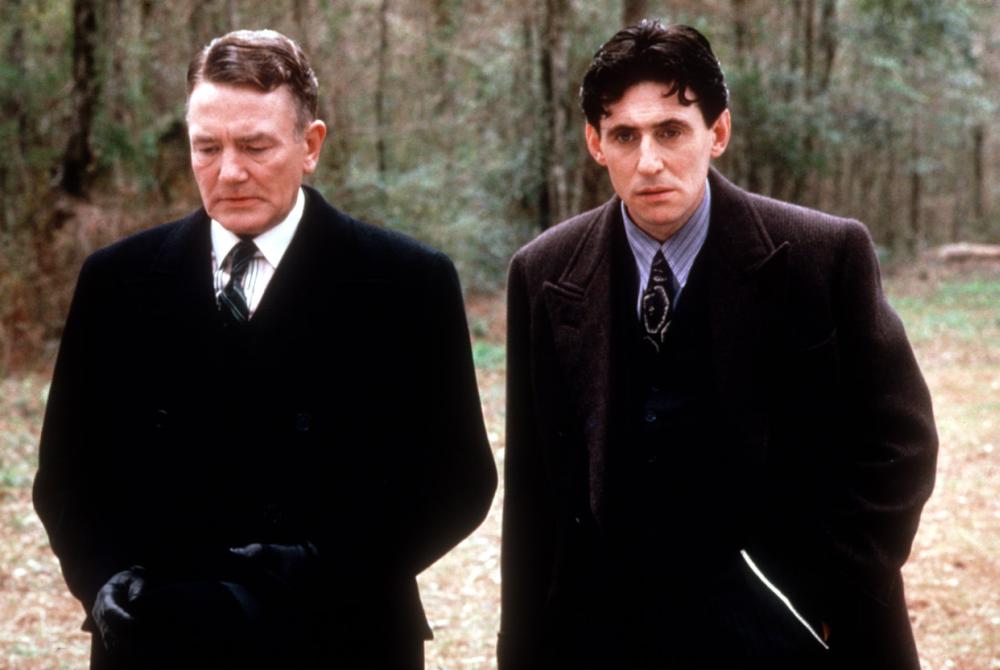
One of those noble failures (a box office bomb) that improves with every viewing and perhaps, has to be viewed multiple times with its dense dialogue and mazy plot lines. It’s telling that the Coen brothers struggled mightily with writing this script, taking a break to write their other classic “Barton Fink.” But, it delivers in spades.
Gabriel Byrne shines as the gangster with a quirky sense of revenge, and Marcia Gay Harden is sublime as a lover/manipulator. It issued the challenge to future film script writers (and TV writers) to push character development to the limit.
2. Metropolitan (Whit Stillman, 1990)
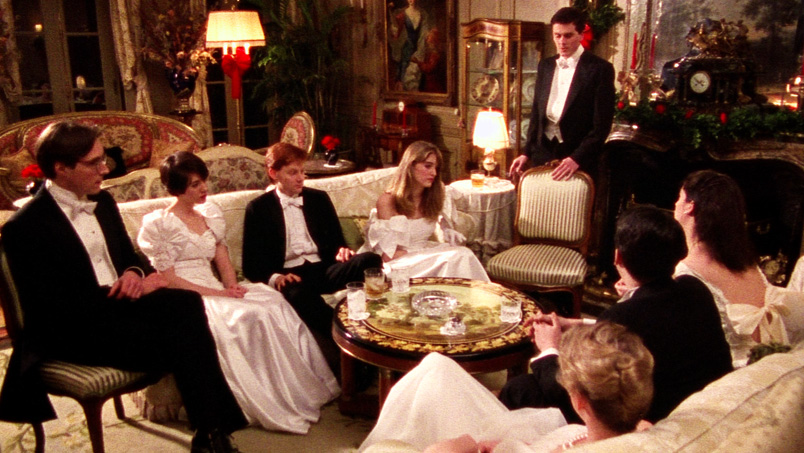
One of those ‘remember who you were’ moments, when you watched this perfect crystallization of the waning era of the 1980’s New York socialite debutante scene, starring virtual unknown actors.
Most viewers’ interests are allied with outsider Tom, played astutely by unknown Edward Clements (now a pastor in Toronto) but then may find ourselves drawn to Chris Eigeman’s character, Nick, who’s snide, too intelligent for his own good, middle-aged in mindset, done searching for anything in life; or Carolyn Farina’s Audrey, a sweet 19th century throwback; or Taylor Nichols’ Charlie, the sliding moral center of the film. A debut film that inspires, charms, and provokes class disgust in both directions.
3. Claire’s Knee (Eric Rohmer, 1970)
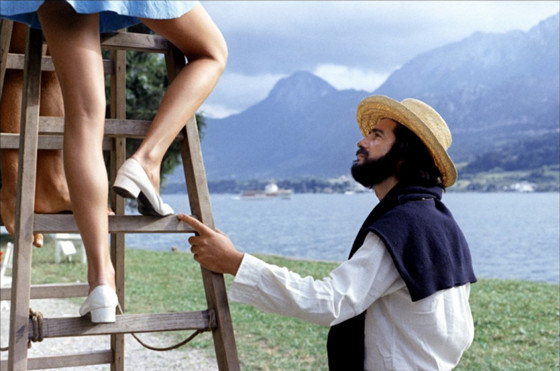
Probably the most relatable of the French New Wave directors, Eric Rohmer is quintessentially French in his existentialism, romanticism, and gaze and adoration of women. Simplicity is what Rohmer excels in, emotion on a small scale that you cannot shake after the film ends.
Here, Claire is the older sister of a teenage girl who has a crush on an older man who is visiting his past lover of his comparable age in the countryside. Said older man spies Claire’s knee and longs to touch it. Not surprisingly, the opportunity presents itself and the fairy tale spell of the film is almost broken. No filmmaker understands the feeling of being stuck in life versus free in life like Rohmer.
4. Mediterraneo (Gabriele Salvatores, 1991)
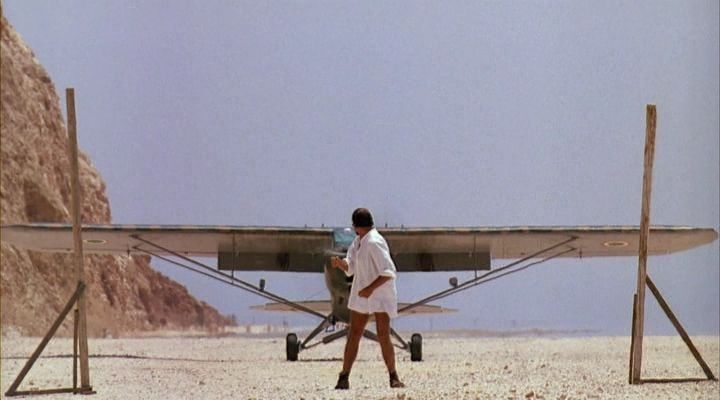
World War II Italian soldiers ‘attack’ a tiny Greek island and find a stunning idyll without enemy soldiers or pain or any disturbances of war, and decide to stay on. Hints of “Catch-22,” the different types, the artist, the muscle, finding love with locals, and of course, abandoning your duties (military or otherwise).
This film was the winner of the Oscar for Best Foreign Language Film and launched a wave of escapist foreign destination films.
5. Romper Stomper (Geoffrey Wright, 1992)
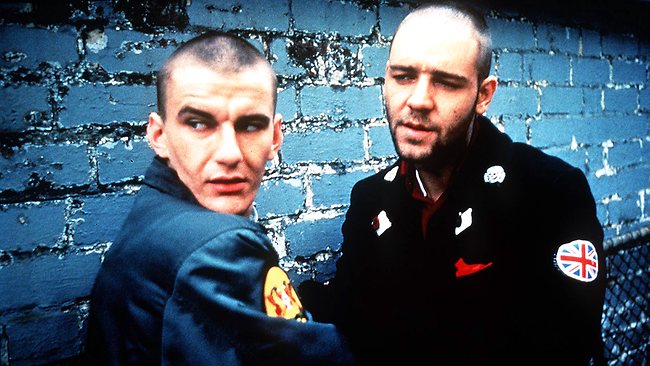
Pure rock n’ roll adrenaline, and hugely influential in its documentary-like cinema verite-style, this helped launch Russell Crowe’s career. His character Hando is menacing, scarier than any film villain, and a true leader.
It captures the pathetic misguided hatred of neo-Nazi gangs against Vietnamese immigrants in Australia. The tragic epilogue is the real-life suicide by talented young actor Daniel Pollock, arguably the hero of the film.